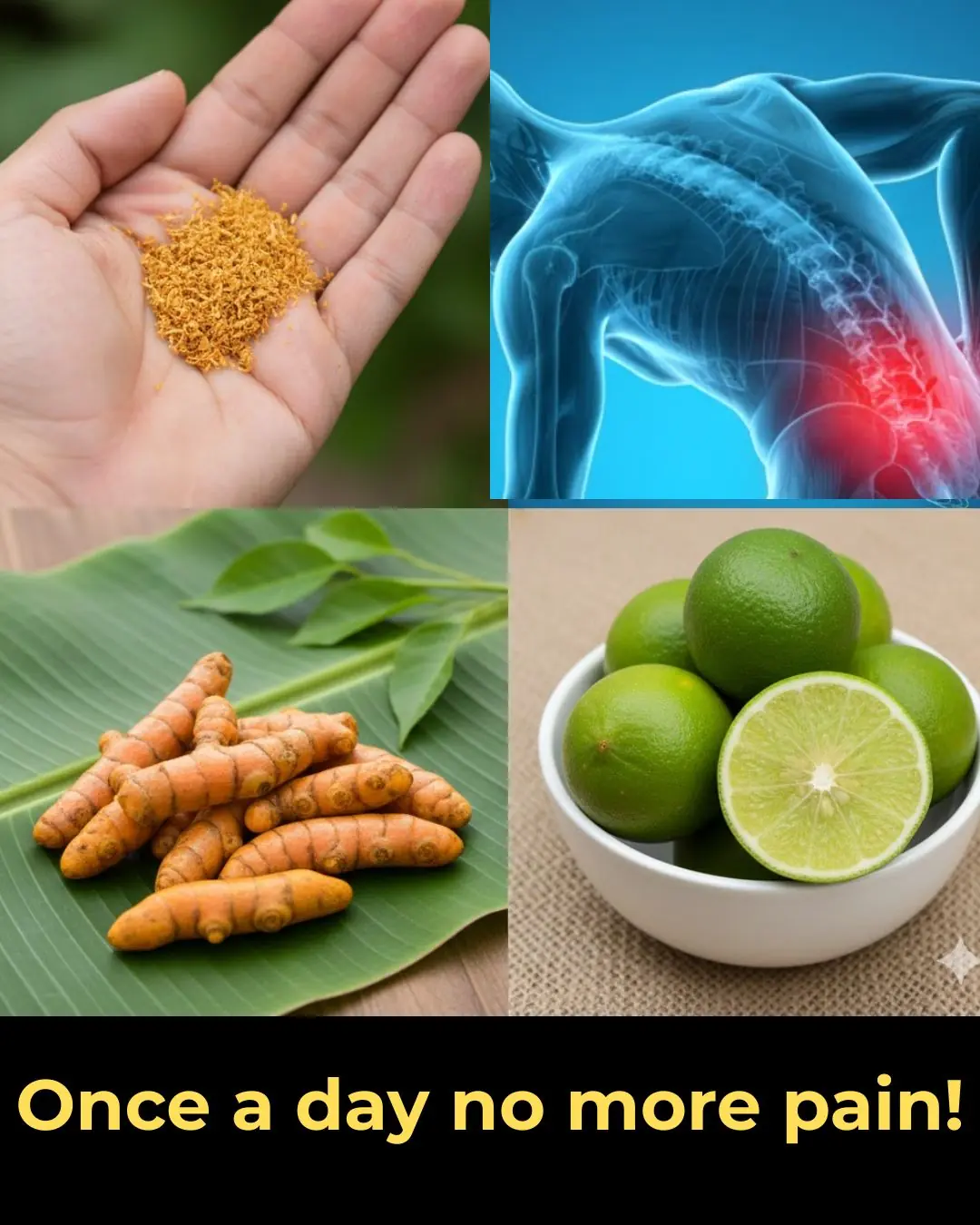
5 Deficiencies Almost Everyone Has (And Doesn’t Know About)
Although we live in a culture of abundance with access to a wide variety of foods, many people still struggle with nutritional deficiencies. Two of the most widespread issues are iron deficiency and vitamin D deficiency—conditions that may affect millions without their knowledge. Left untreated, these deficiencies can contribute to long-term health problems and significantly reduce quality of life.
This article explores the five most common vitamin and mineral deficiencies, explains how to recognize their symptoms, and outlines effective ways to address them. Many individuals are living with one or more of these deficiencies without ever realizing that their daily fatigue, mood changes, or physical discomfort may be rooted in inadequate nutrient intake.
1. Vitamin B12 Deficiency
Vitamin B12 (cobalamin) is a water-soluble vitamin essential for forming red blood cells and supporting healthy nerve function. According to Harvard Medical School, B12 deficiency can develop slowly and quietly, making it difficult to detect until it becomes serious. Research published in the American Journal of Clinical Nutrition notes that 1 in 5 adults has marginal B12 levels, placing them at risk.
How to Identify Vitamin B12 Deficiency
Common symptoms include:
-
Persistent fatigue or weakness
-
Tingling or numbness in hands or feet
-
Mood changes, such as depression or irritability
-
Difficulty concentrating
A simple blood test is the most reliable way to diagnose a deficiency.
How to Resolve Vitamin B12 Deficiency
Good dietary sources include:
-
Meat, poultry, fish
-
Eggs
-
Dairy products
-
Nori (for vegetarians)
Vegetarians and vegans often rely on:
-
Nutritional yeast
-
B12-fortified plant milks
-
Fortified cereals
If diet alone is insufficient, B12 supplements—or in more severe cases, B12 injections—may be needed. Early treatment can prevent nerve damage and restore energy levels.
2. Iron Deficiency
Iron is an essential mineral needed to support oxygen transport throughout the body. Iron deficiency is one of the most common nutritional problems worldwide.
How to Identify Iron Deficiency
Common signs include:
-
Constant tiredness or weakness
-
Pale skin or brittle nails
-
Frequent headaches
-
Cold hands and feet
Severe deficiency may lead to iron deficiency anemia, which can also be confirmed through blood tests such as ferritin levels and MCHC tests.
How to Treat Iron Deficiency
Consume iron-rich foods such as:
-
Meat, poultry, fish (heme iron—easier for the body to absorb)
-
Beans, lentils, tahini, leafy greens (non-heme iron—absorbed less efficiently)
To improve iron absorption:
-
Pair iron-rich foods with vitamin C (from oranges, bell peppers, tomatoes, etc.).
Example: Chicken breast with a glass of orange juice.
Avoid consuming calcium-rich foods or caffeine immediately before or after meals, as they can interfere with iron absorption. When dietary changes are not enough, iron supplements may be necessary under medical supervision.
3. Omega-3 Fatty Acid Deficiency
Omega-3s are a family of essential polyunsaturated fats that support brain, heart, and immune health. They include three main types:
-
EPA and DHA — found in fatty fish
-
ALA — found in plant sources like flaxseeds
EPA supports heart health and reduces inflammation, while DHA is crucial for brain and eye development.
Studies show that omega-3s help:
-
Reduce inflammation
-
Support cognitive function
-
Lower the risk of heart disease and stroke
-
Improve mood and reduce depression
-
Support healthy insulin levels
A 2013 review also found that high intake of EPA and DHA may lower the risk of breast cancer.
How to Identify Omega-3 Deficiency
A blood test is the most accurate way to assess omega-3 levels.
How to Prevent Omega-3 Deficiency
Most people increase their intake by using:
-
High-strength fish oil supplements
-
Krill oil supplements
You can also eat fatty fish such as salmon, sardines, or mackerel at least twice per week.
Vegetarians and vegans can rely on:
-
Flaxseeds or flax oil
-
Chia seeds
-
Walnuts
However, plant-based ALA does not convert efficiently to EPA and DHA, so algae-based DHA supplements may be beneficial.
4. Magnesium Deficiency
Magnesium plays a role in more than 300 biochemical processes in the body, making it vital for healthy muscle, nerve, and heart function. It also helps regulate blood sugar levels, which is particularly important for individuals with diabetes.
How to Identify Magnesium Deficiency
Signs may include:
-
Muscle cramps or spasms
-
Fatigue or weakness
-
Nausea
-
Tingling sensations
-
Constipation
Because symptoms can be subtle, magnesium deficiency often goes unnoticed for long periods.
How to Treat Magnesium Deficiency
Increase your intake of magnesium-rich foods such as:
-
Leafy greens (spinach, kale)
-
Nuts and seeds
-
Whole grains
-
Beans
Magnesium supplements are widely available in forms like powder, capsules, and tablets. Magnesium citrate is one of the most easily absorbed options. Maintaining healthy magnesium levels also supports better sleep, stress reduction, and overall well-being.
5. Vitamin D Deficiency
Vitamin D supports multiple systems in the body, including muscles, bones, the brain, and the immune system. It is essential for calcium absorption and maintaining bone density. Long-term deficiency may contribute to weakened bones, thyroid dysfunction, and a variety of chronic illnesses.
Vitamin D deficiency is extremely common, especially in regions with limited sunlight or among people who spend most of their time indoors. Sunscreen use, while important for skin protection, also reduces the skin’s ability to produce vitamin D naturally. Liver and kidney dysfunction can also impair vitamin D activation.
How to Identify Vitamin D Deficiency
A simple blood test can confirm vitamin D levels.
How to Treat Vitamin D Deficiency
After consulting your doctor, you may need to take vitamin D supplements. Many people benefit from daily or weekly supplements, particularly in winter months. Pairing vitamin D with magnesium can further support absorption and effectiveness.
Final Thoughts
Nutritional deficiencies are more common than many people realize, even among individuals who believe they are eating a balanced diet. By paying attention to subtle symptoms and getting regular blood tests, you can identify potential deficiencies early and take steps to correct them before they develop into serious health problems. A well-rounded diet, mindful supplementation, and a proactive approach to personal health can make a significant difference in long-term wellness.
If you have symptoms that concern you, always consult a healthcare professional for personalized diagnosis and treatment.
News in the same category

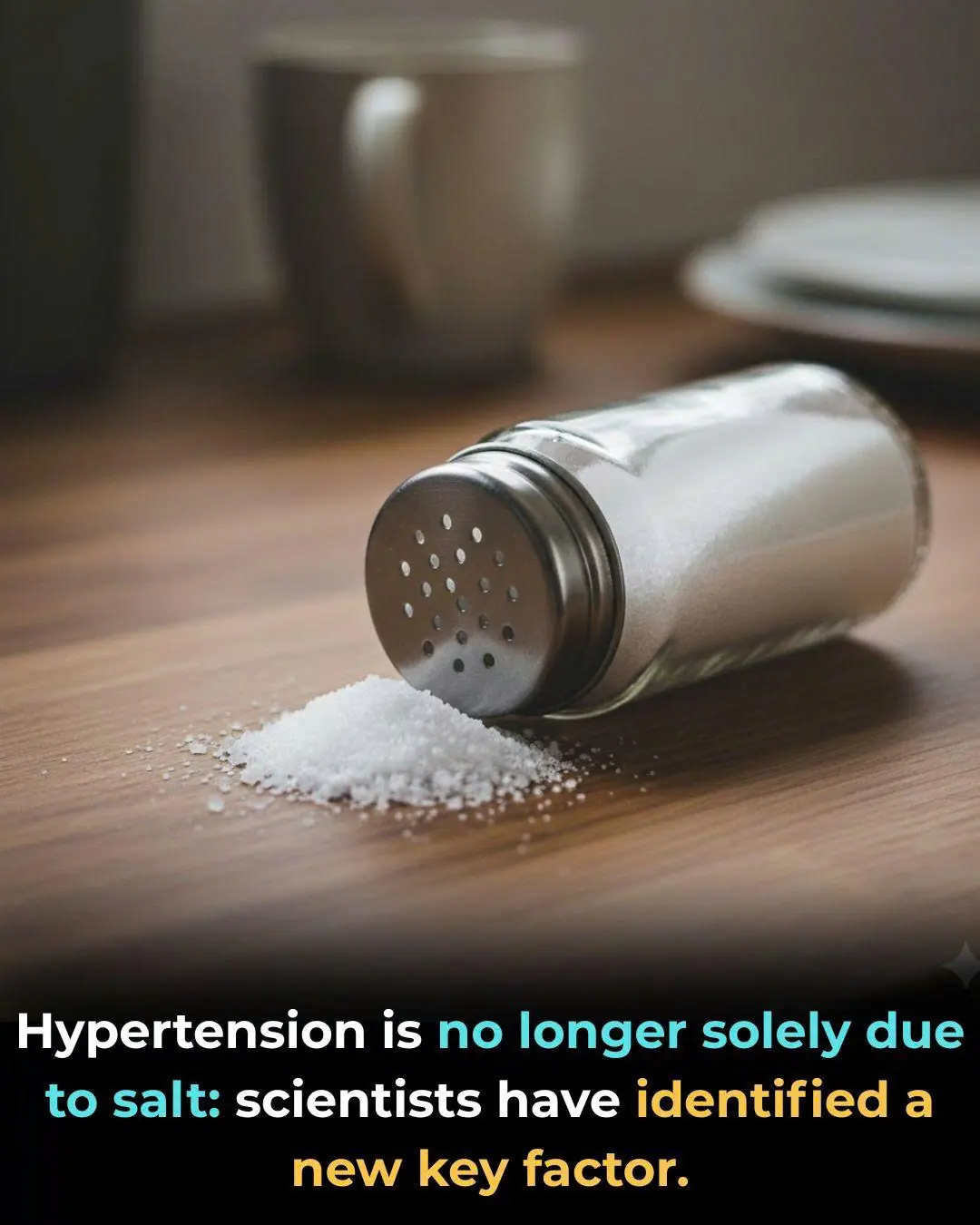
High Blood Pressure Has a New Culprit
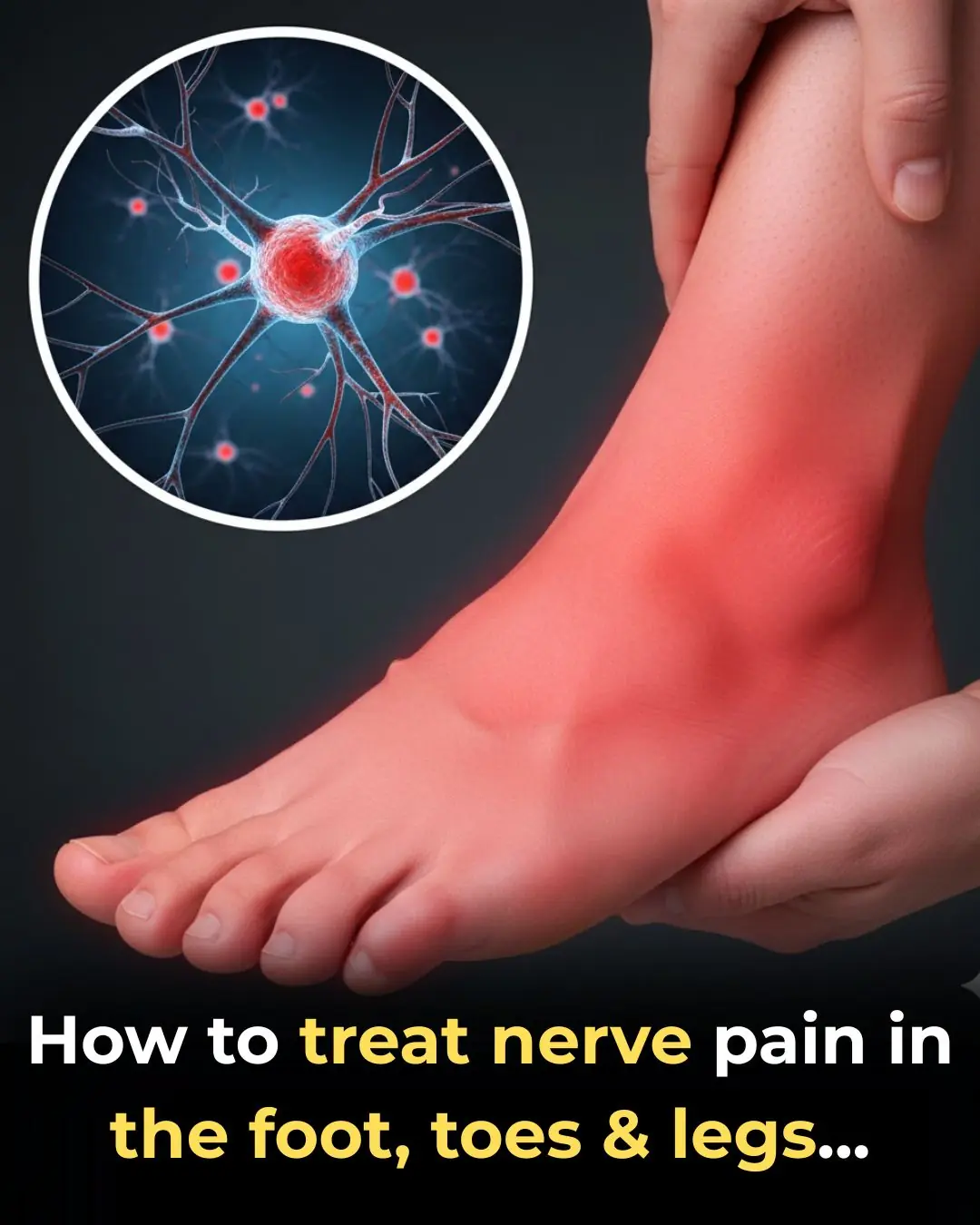
How to treat nerve pain in the foot, toes & legs
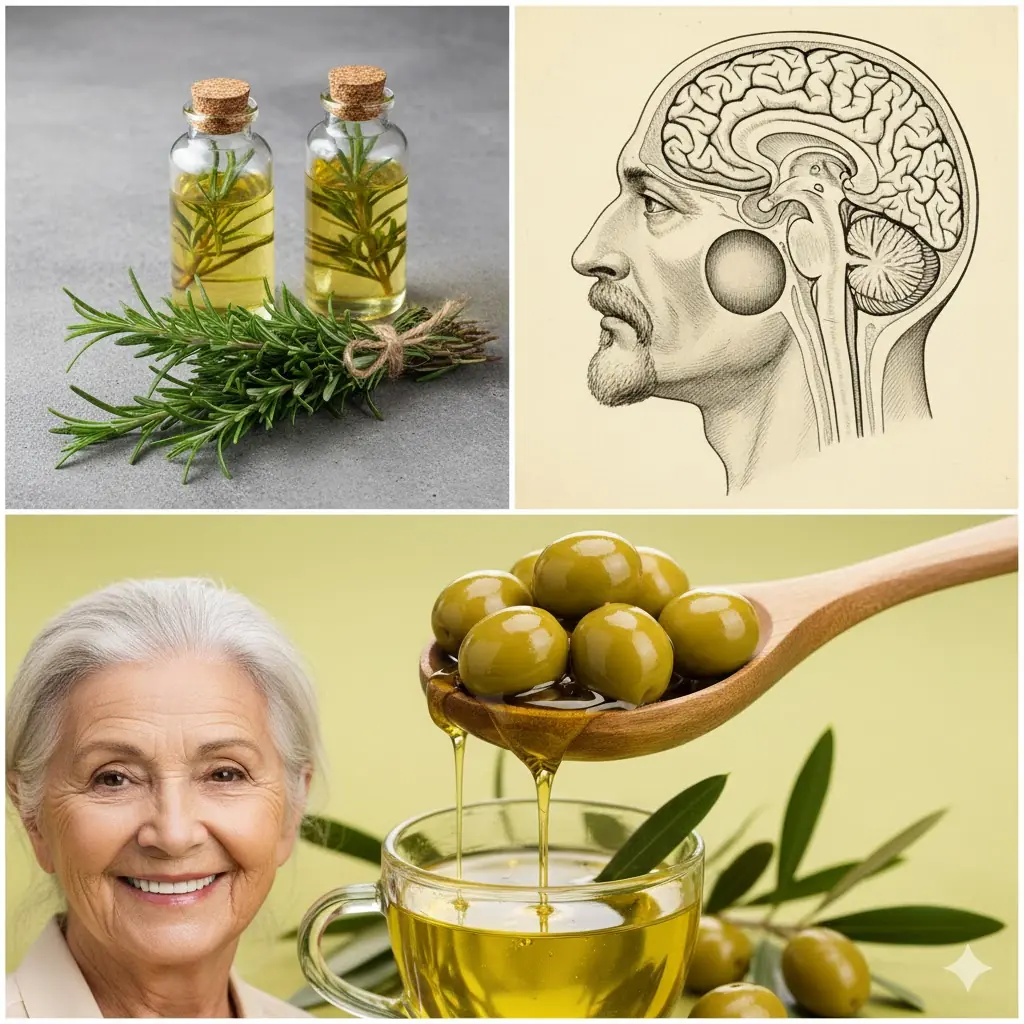
Unlocking the Power of Rosemary Tea: A Natural Elixir for Mind, Body, and Soul

Drinking Water the Right Way
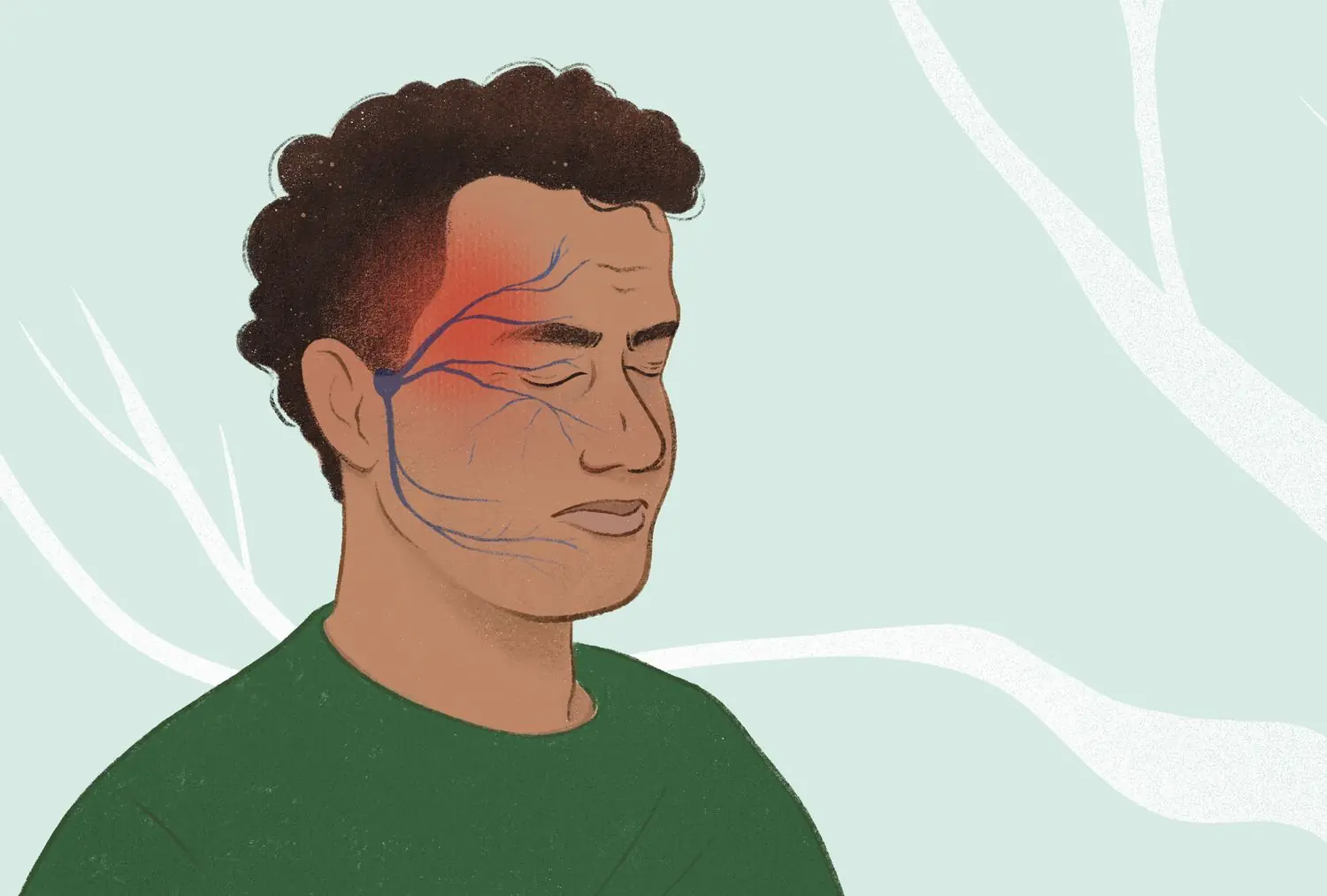
Headache Above or Behind the Left Eye? Here’s What It Could Mean
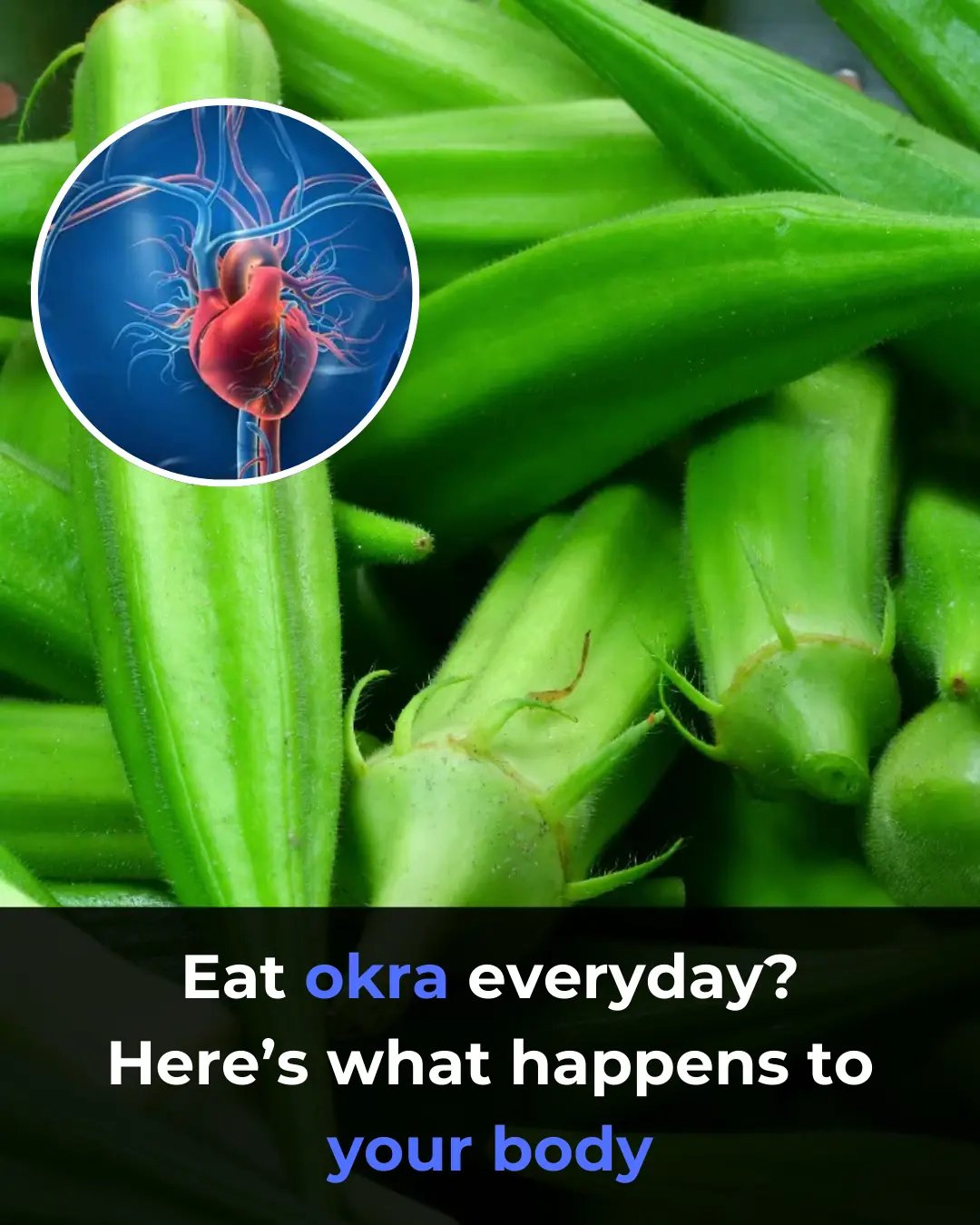
Eat okra every day? Here’s what happens to your body!
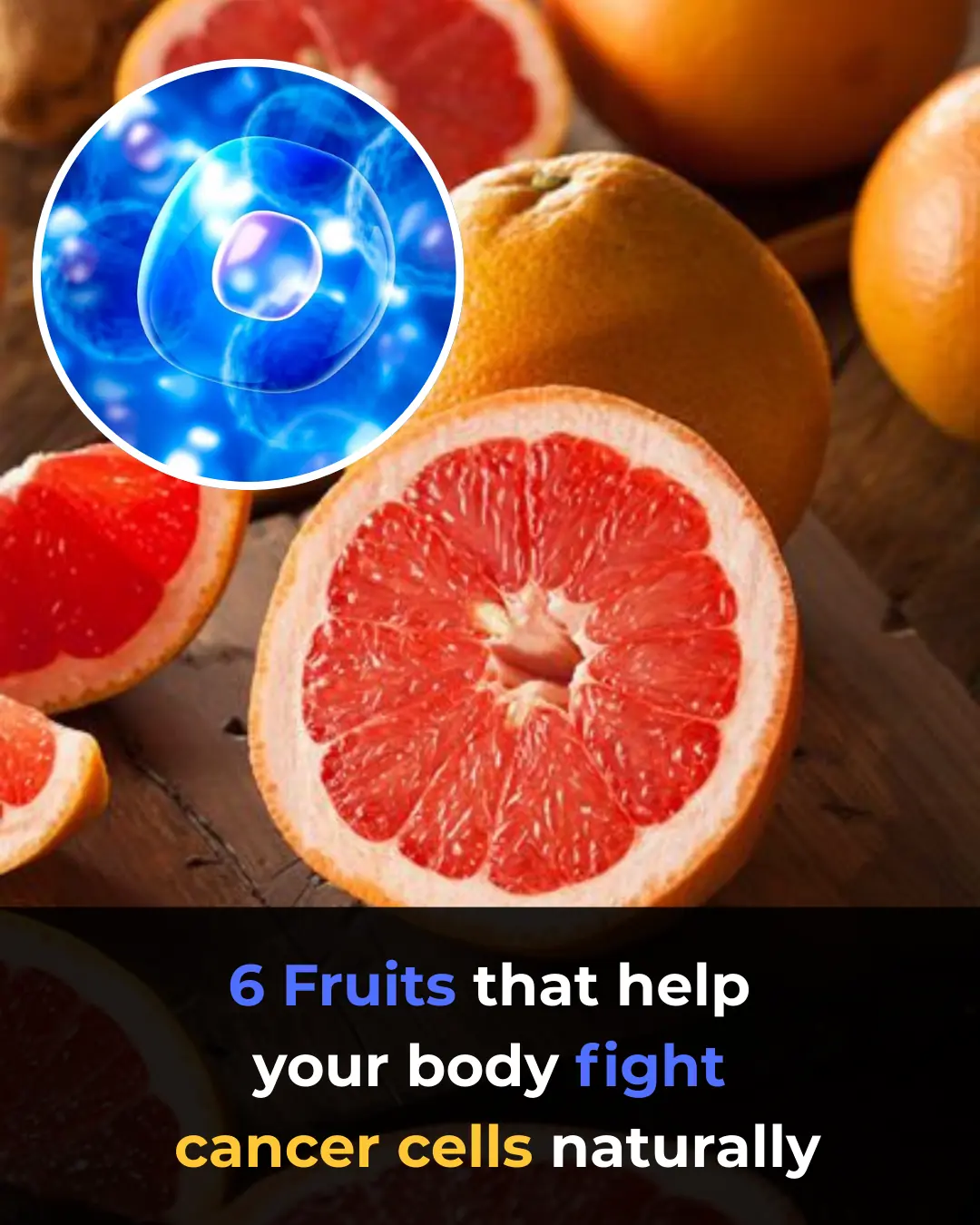
6 fruits that help your body fight cancer cells naturally
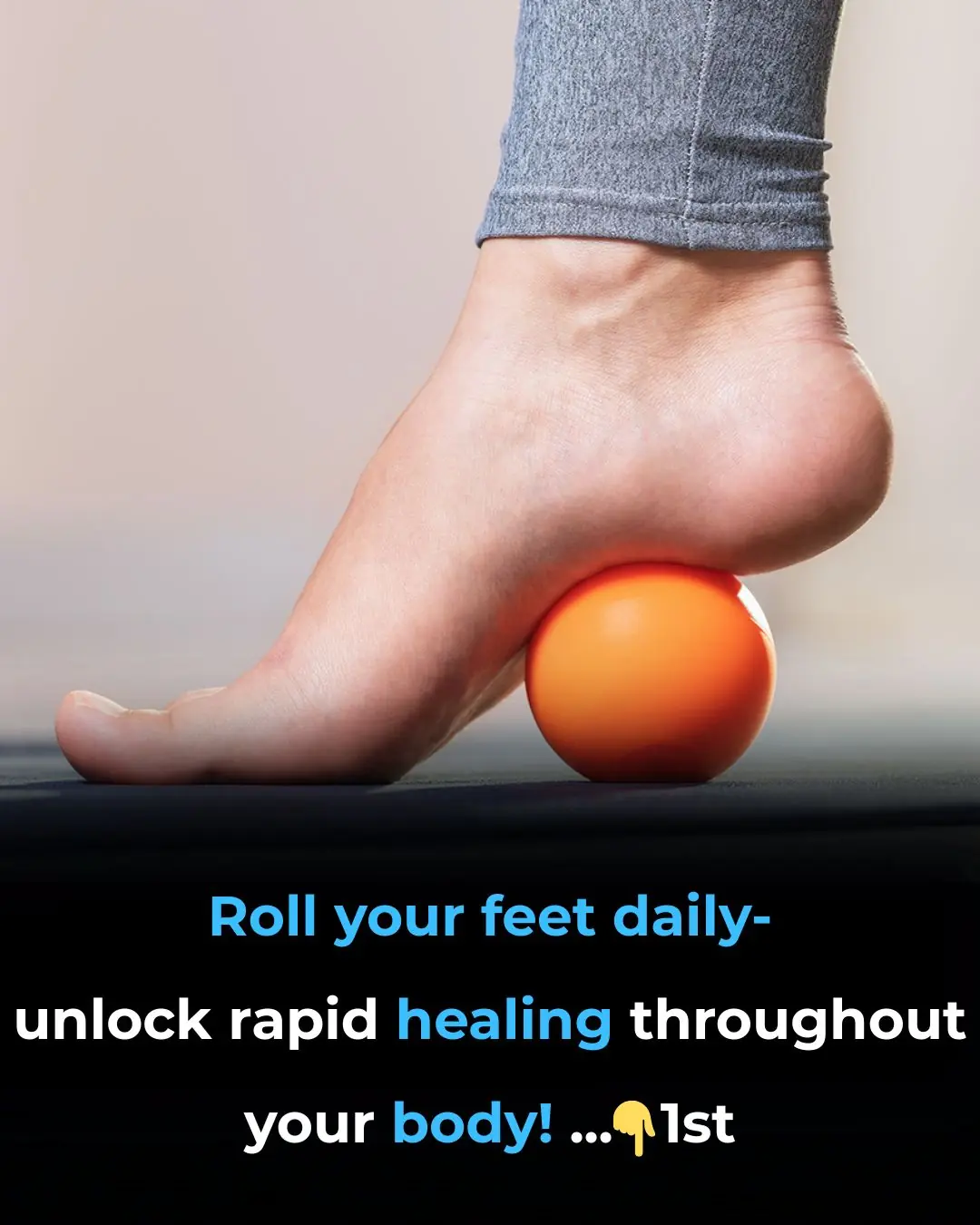
Roll your feet daily—unlock rapid healing throughout your body!
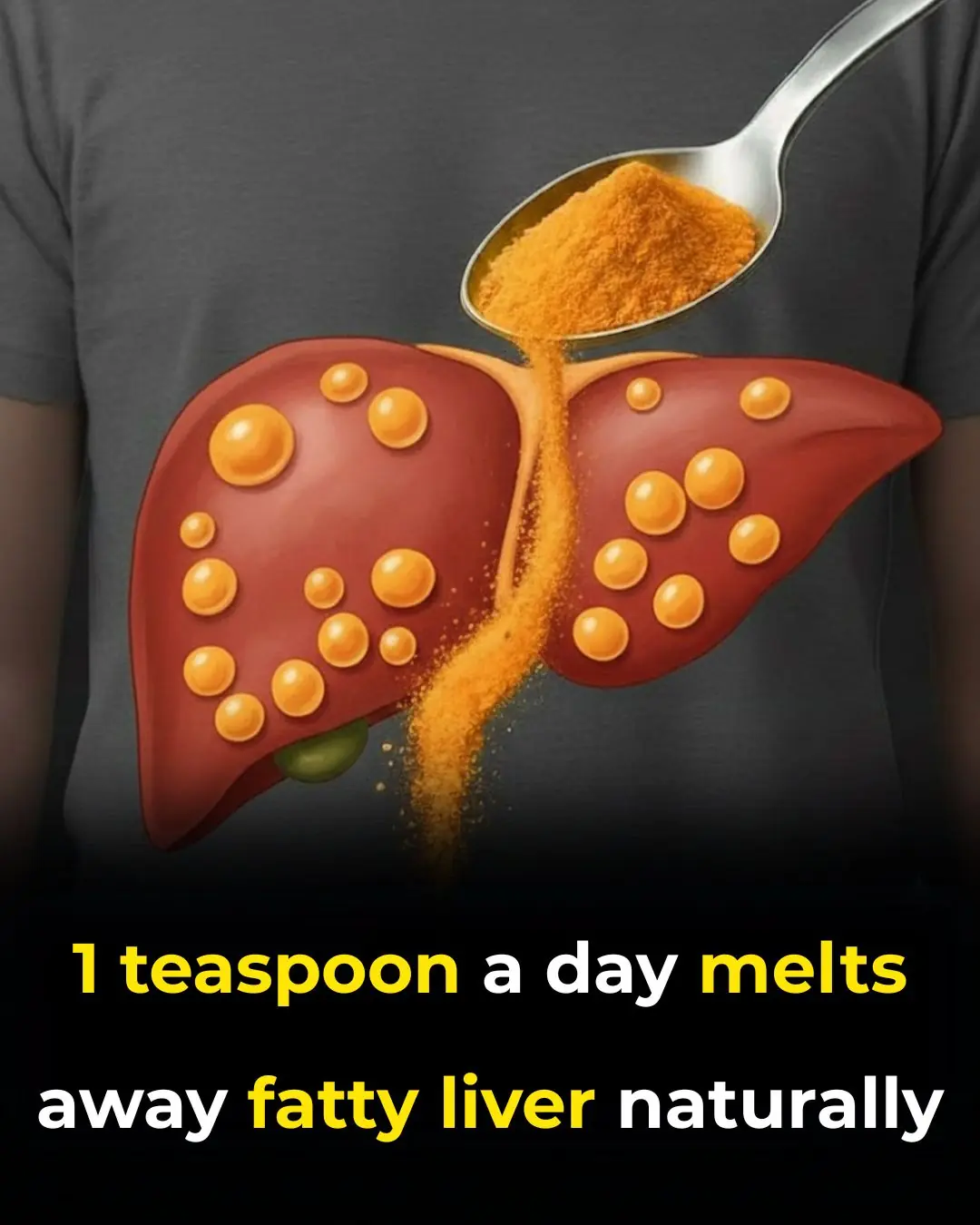
1 teaspoon a day melts away fatty liver naturally

High Blood Pressure Has a New Culprit …And It’s Not Salt
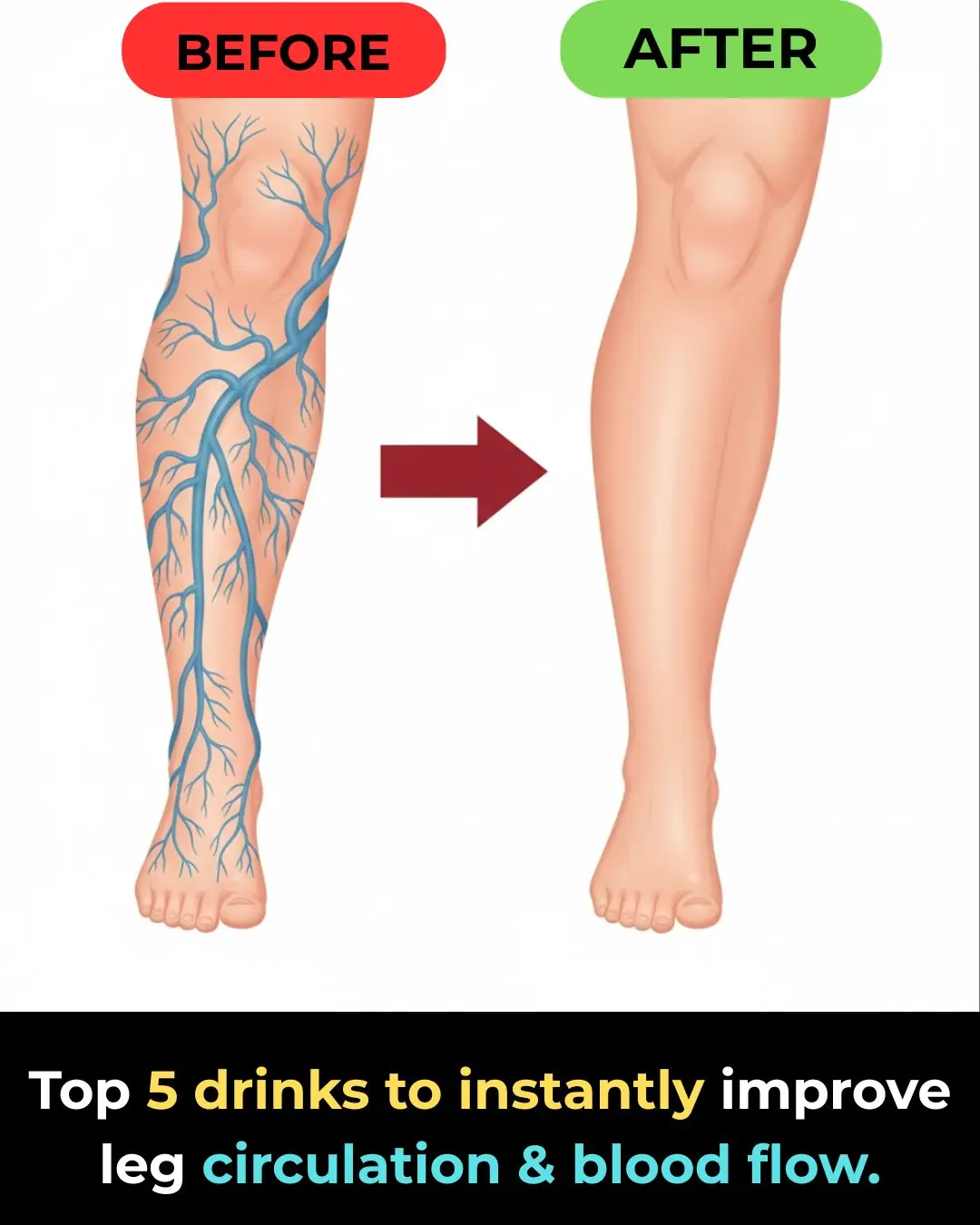
Top 5 drinks to INSTANTLY improve leg circulation and blood flow
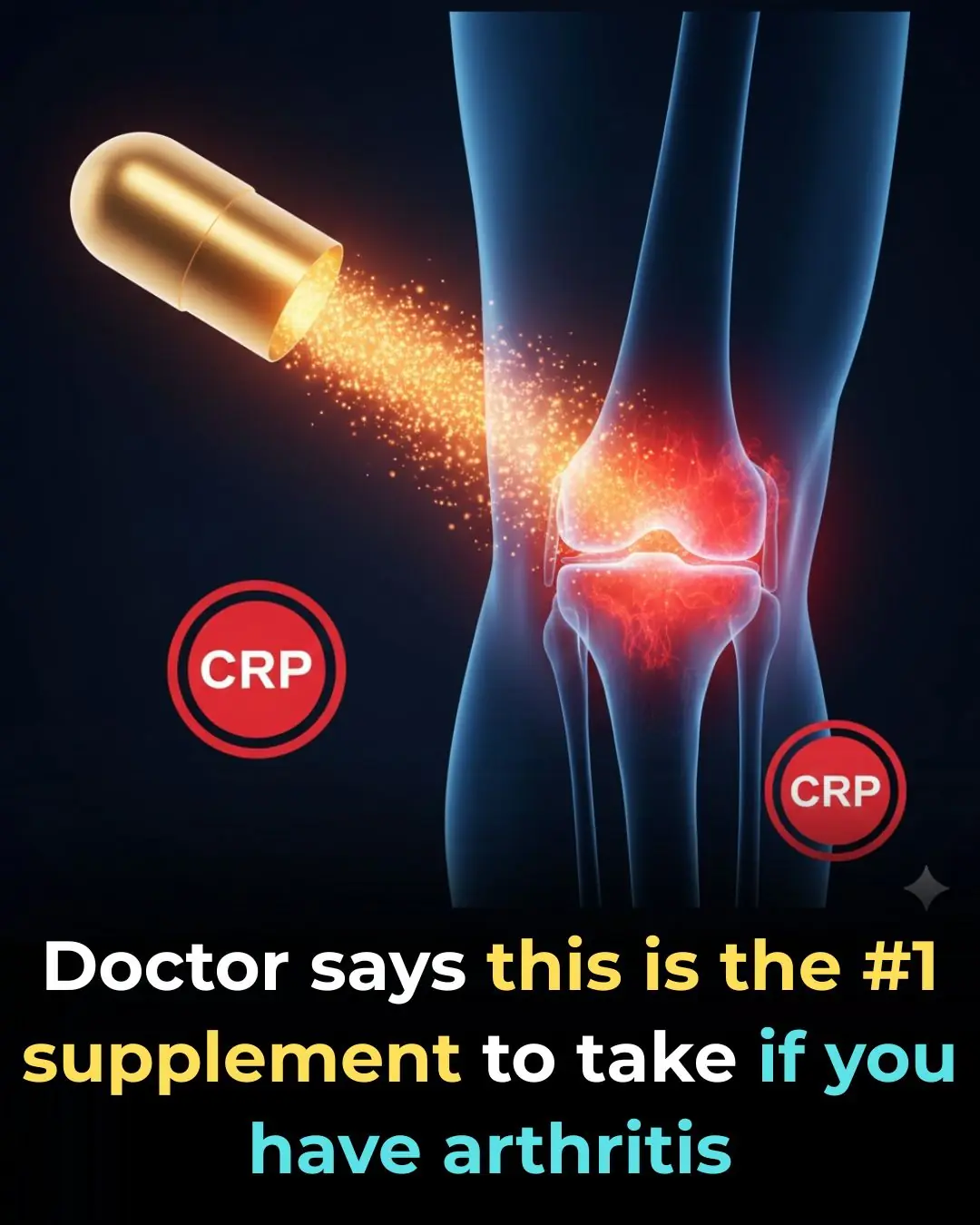
Doctor says this is the #1 supplement to take if you have arthritis

Why Your Legs Cramp At Night And How To Stop It From Happening
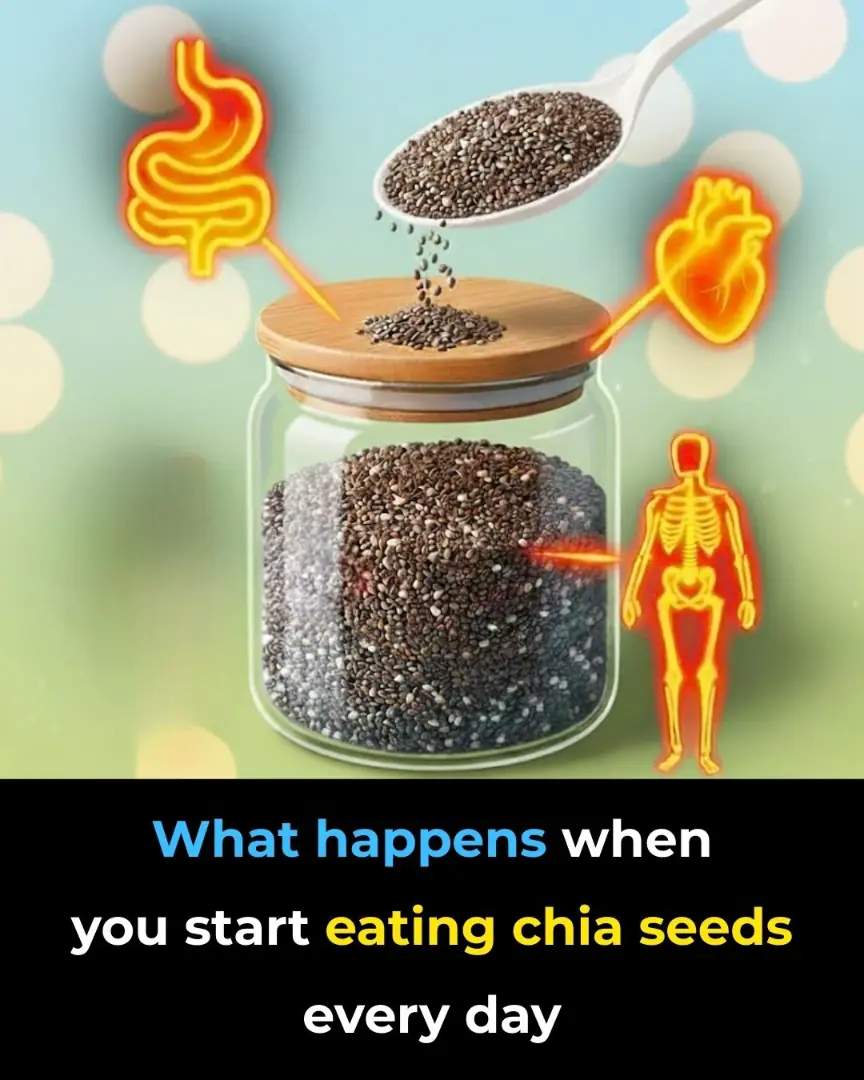
What happens when you start eating chia seeds every day
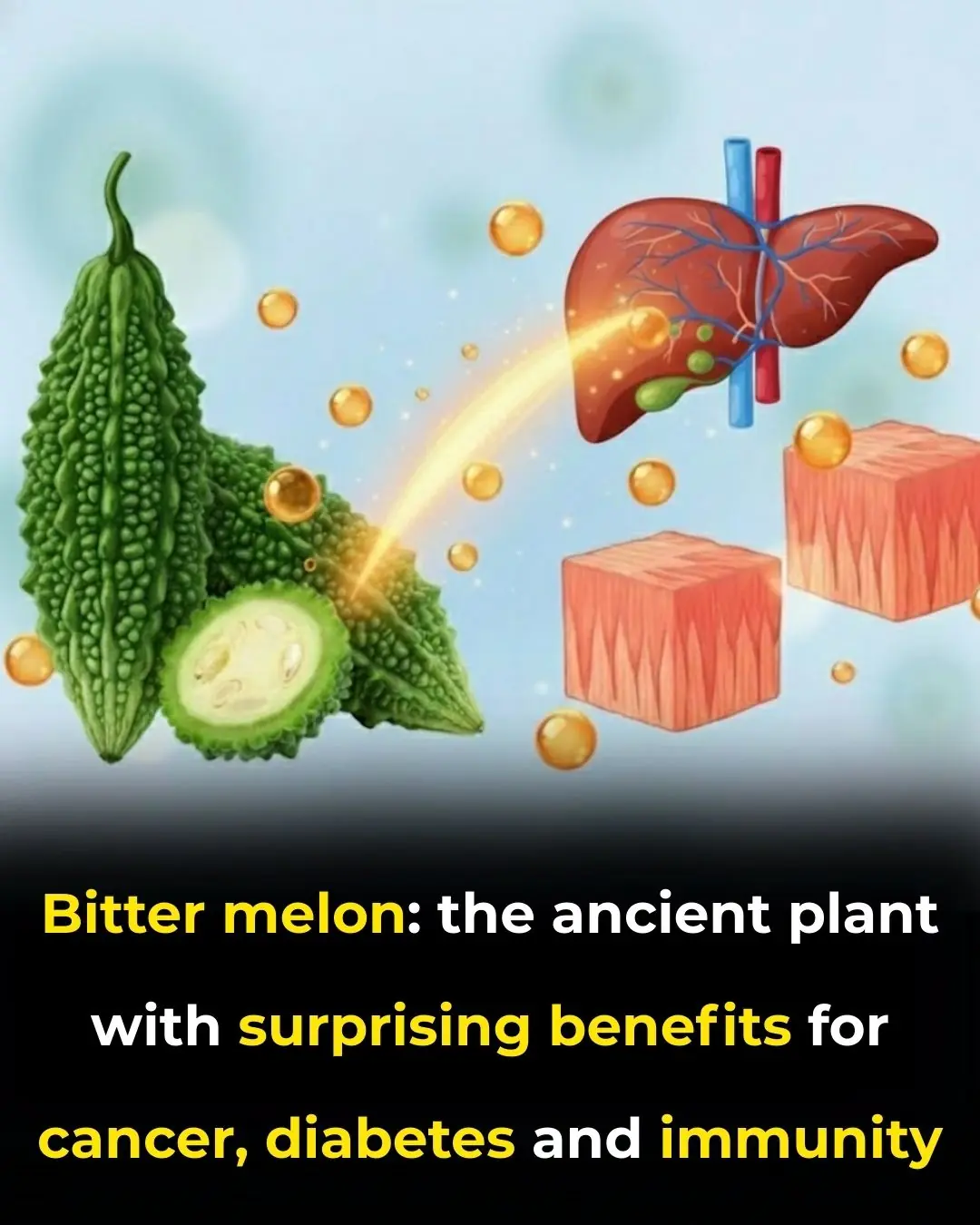
The Plant That Kills Cancer Cells, Stops Diabetes And Boosts Your Immune System!

How to treat nerve pain in the foot, toes & legs
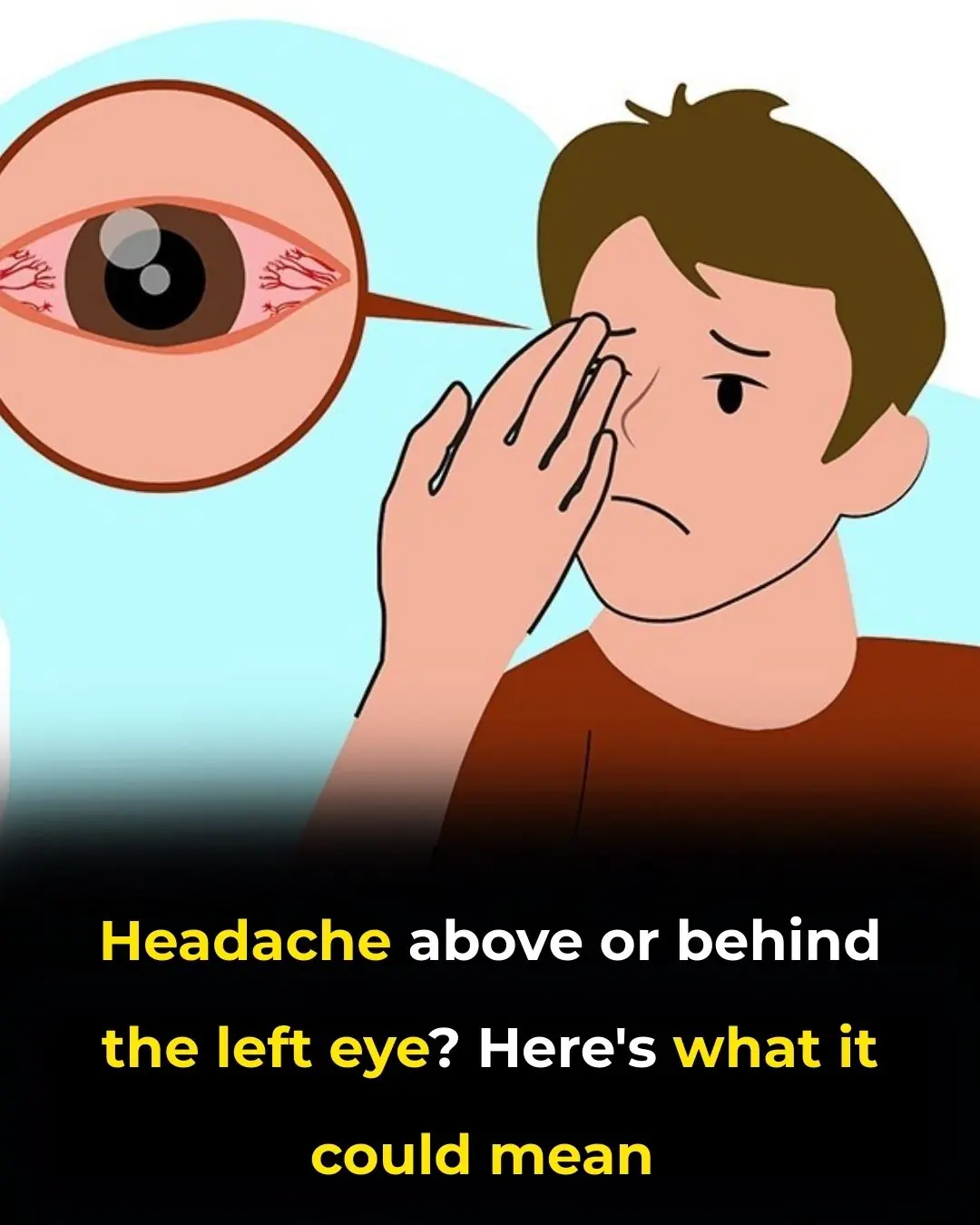
Headache Above or Behind the Left Eye: Causes and Treatments

Eggs and Coffee: A Surprisingly Powerful Breakfast Combination
News Post

Recreating a Legacy: Ruben Flowers Joins His Father as Co-Pilot on Captain Flowers’ Final Southwest Airlines Flight

Wood vs. Diamonds: The Cosmic Rarity of Life's Fingerprint

Local Washington State Park Changes Name Meaning To Honor Rosa Franklin, The States First Black Woman Senator

THIS SEED: AFTER 50, IT STRENGTHENS BONES & CURES ALL PAINS

High Blood Pressure Has a New Culprit

Civil War Era Politician Robert Smalls Becomes First African American to Receive Monument in South Carolina

How to treat nerve pain in the foot, toes & legs

Dr. Patricia Bath Set To Make History As First Black Woman Inducted Into National Inventors Hall of Fame

Unlocking the Power of Rosemary Tea: A Natural Elixir for Mind, Body, and Soul

🌌 An Accidental Revolution: How the Search for Black Holes Led to the Invention of Wi-Fi

📈 The $5 Trillion Threshold: NVIDIA Becomes the World’s Most Valuable Company, Reshaping Global Economic Influence

Angela Davis to Keynote Largest Black Feminist Conference in the Nation

🐝 The Silent Threat: Research Links Cell Tower Radiation to Harmful Effects on Honey Bee Health

NYC-Based Events Company Is Creating Spaces to Empower Indy Black Artists Across the East Coast

Why Some Eggs Are Speckled

Drinking Water the Right Way
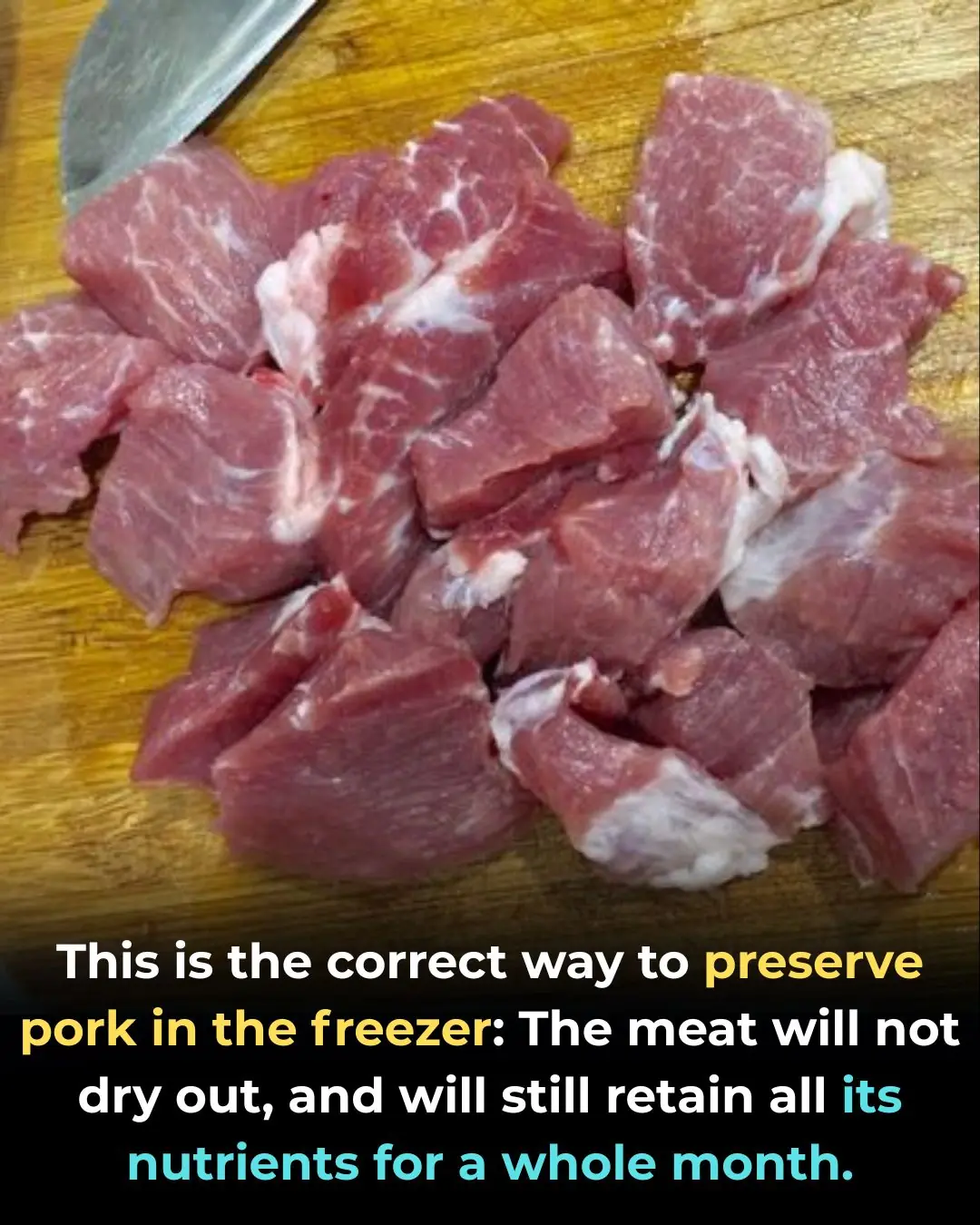
This is the correct way to preserve pork in the freezer: The meat will not dry out, and will still retain all its nutrients for a whole month.

Pour salt into the toilet, everyone calls you crazy but know its uses and do it at home right away

What Are the “Black Triangles” Between Your Teeth
